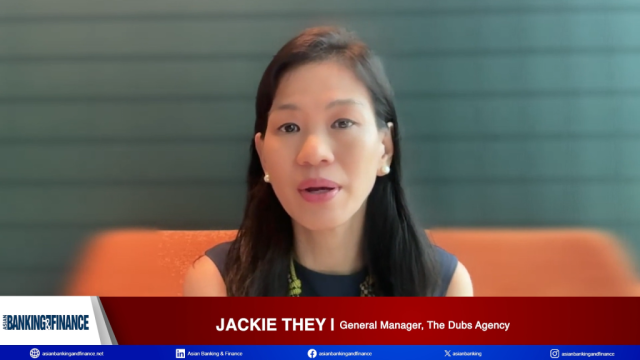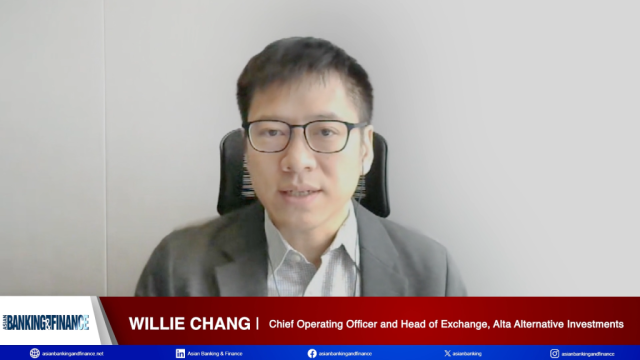
Exploring hedge funds around the world
By Sofia A. Johan Hedge funds and their managers have in recent times vilified for their high-risk activities and relative lack of regulatory oversight. Recall that hedge funds were thought to be responsible for the Asian Banking and Financial Crisis of 1997.
A recurrent concern shared by market participants and regulators around the world is that the increasing size of the hedge fund industry coupled with potential agency problems, activist investment practices and herding behavior may exacerbate financial instability.
Having said that, although media reports frequently suggest that hedge funds are unregulated, hedge funds are in fact regulated at least to some degree in every country around the world.
So before we start maligning hedge fund managers, it is worthwhile to consider such differences in legal and institutional settings across countries as they directly affect the structure, governance and performance of hedge funds.
In our book Hedge Fund Structure, Regulation and Performance Around the World (Oxford University Press, 2013 with Douglas Cumming and Na Dai) we consider data from a multitude of countries to understand how and why hedge funds markets differ around the world.
Idiosyncratic features of certain countries may distort our understanding of how hedge funds work in practice, therefore by considering international data including data from Asia and Europe, and not just US data, we are able to gain a significant amount of insight into how hedge funds operate on a global basis.
While hedge funds are hardly regulated in the US, other jurisdictions implement different and sometimes more onerous sets of regulatory requirements.
As explained in the book, international differences in hedge fund regulation include but are not limited to minimum capitalization requirements, restrictions on the location of key service providers and different permissible distribution channels via private placements, banks, other regulated or non-regulated financial intermediaries, wrappers, investment managers and fund distribution companies.
This raises the question of whether hedge funds forum shop, that is move to jurisdictions that afford less strict forms of regulation. We find little support for the view that hedge fund managers pursuing riskier strategies systematically select jurisdictions with less stringent regulations.
In fact, to the extent that there is evidence of forum shopping, it is for the most part suggestive that funds pursuing riskier strategies select jurisdictions with more stringent regulations.
Hedge funds may select stricter jurisdictions mainly in order to facilitate capital raising, but nevertheless they are not seeking more amendable shores as initially though.
So now we know. Not all hedge fund managers should be vilified, maybe just some. I say this because among other things, we also show evidence that international differences in hedge fund regulation are significantly associated with the propensity of fund managers to misreport monthly returns.
For example, misreporting is less common among funds in jurisdictions with minimum capitalization requirements and restrictions on the location of key service providers.
Finally, we also assess the determinants of hedge fund survival and examine arguments regarding the interplay between the hedge fund industry and the stability of financial systems and consider whether hedge funds affect macro-financial outcomes in a country, or the reverse causality regarding the affect of macro-financial conditions on the stability and survival of hedge funds.
Essentially, hedge fund regulatory structures differ in many countries, so maybe we should not tar and feather all hedge funds with the same brush.
Sofia A. Johan, Schulich School of Business, York University
























 Advertise
Advertise







